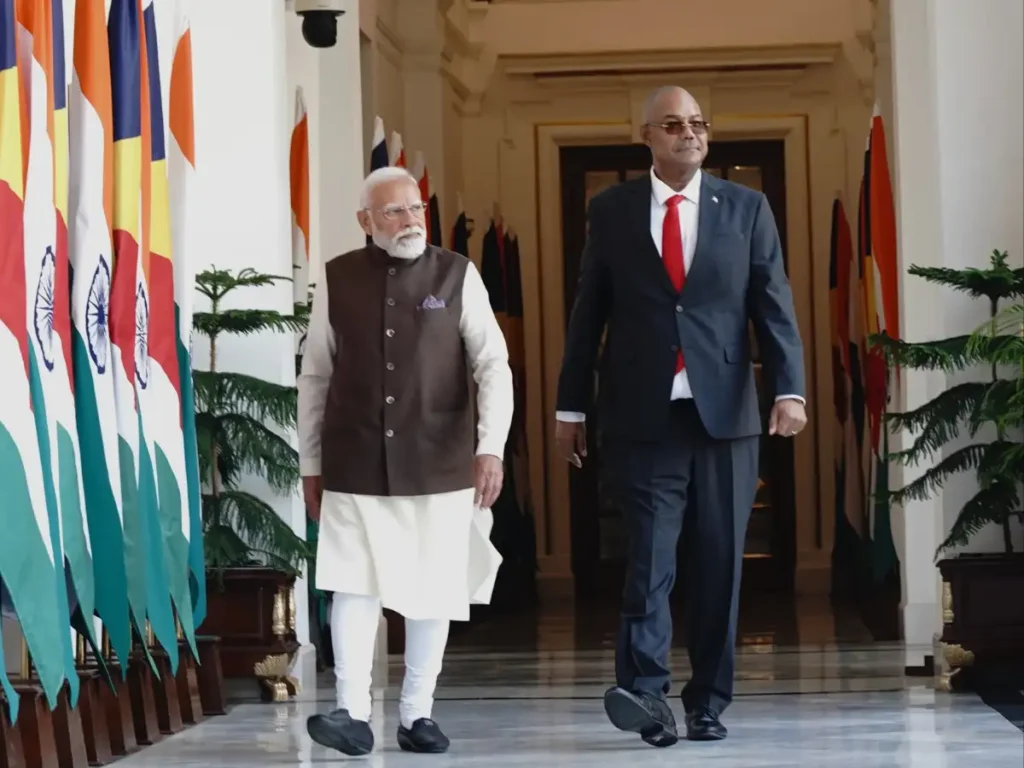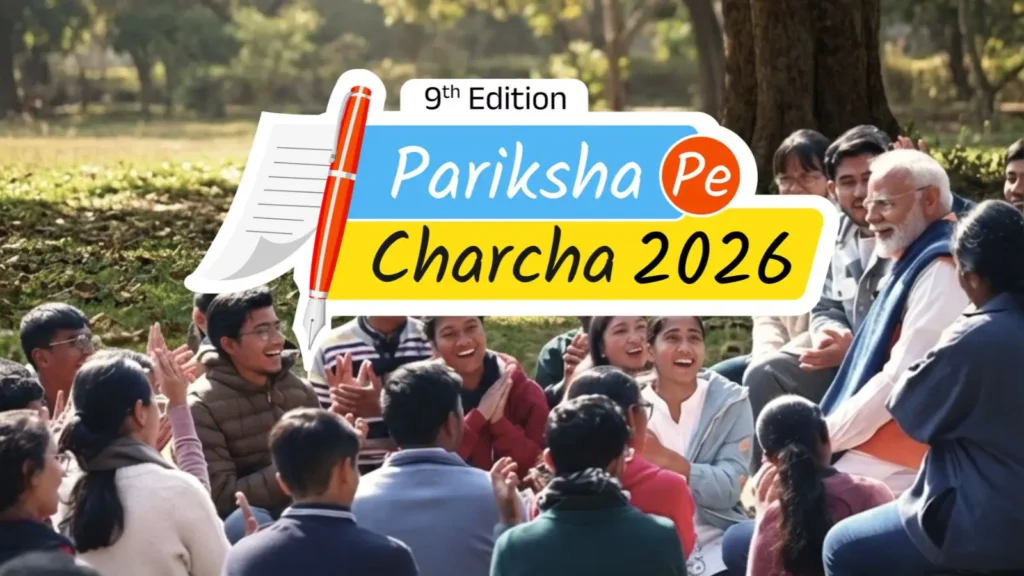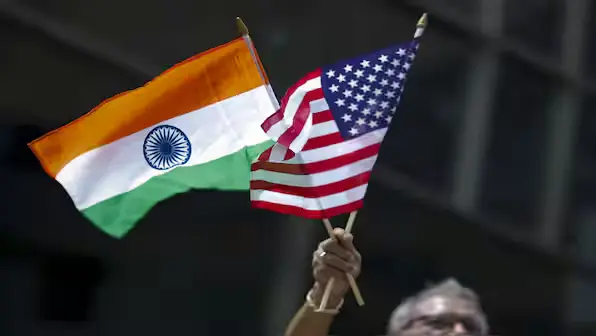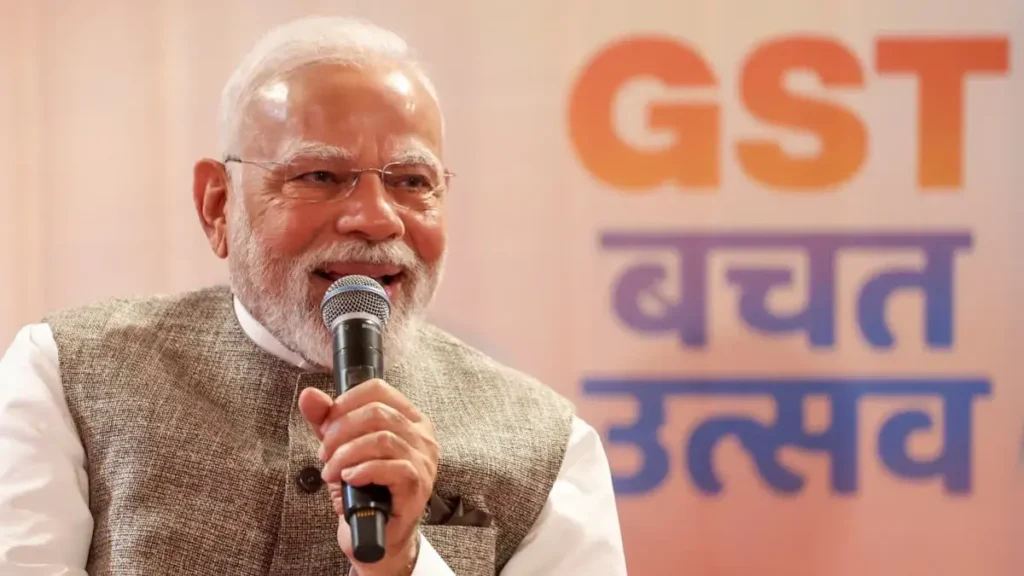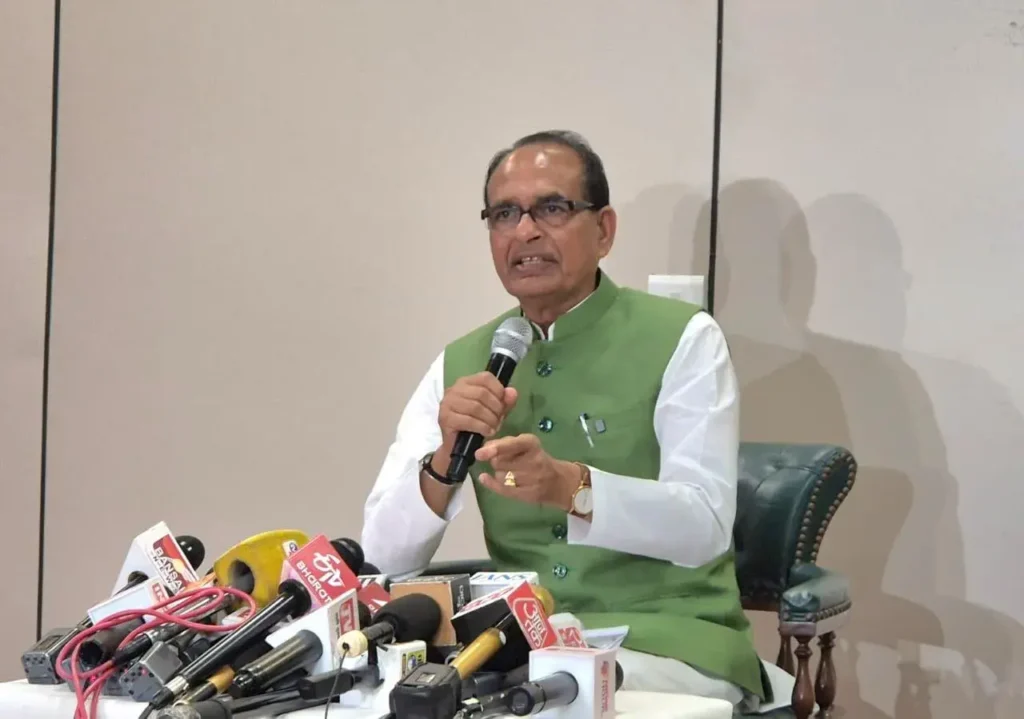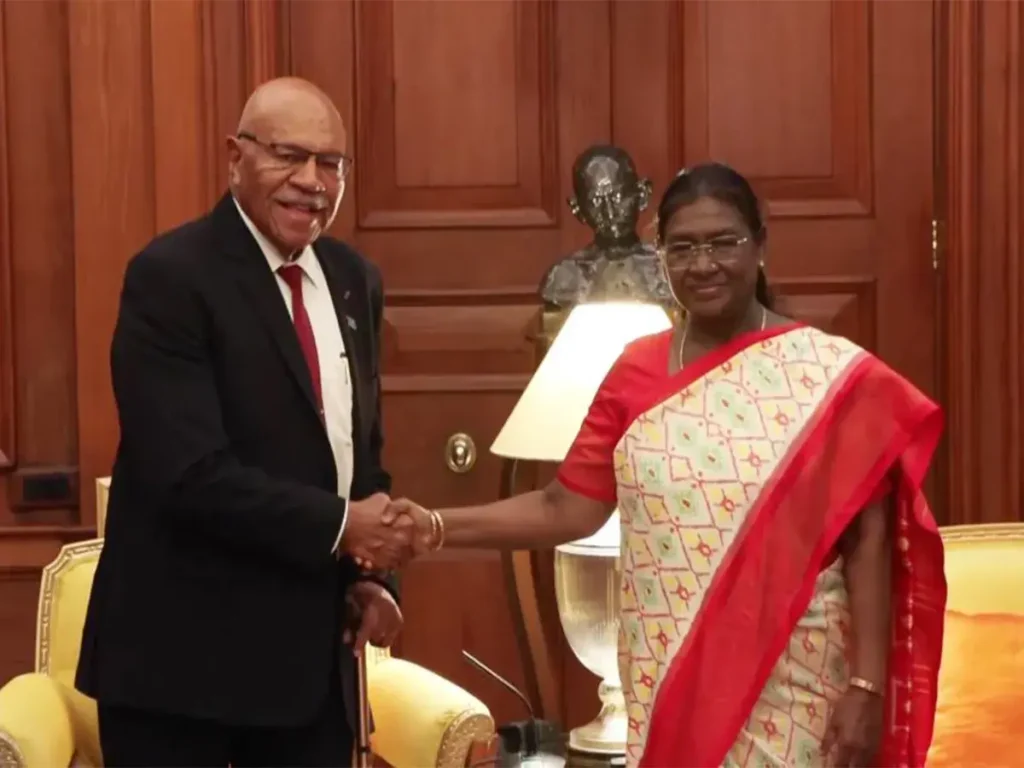India Announces $175 Million Special Economic Package for Seychelles, Strengthens Strategic Partnership
India has announced a $175 million Special Economic Package for Seychelles, marking a significant step in deepening bilateral cooperation between the two Indian Ocean neighbours. Prime Minister Narendra Modi made the announcement during a joint press briefing with Seychelles President Dr Patrick Herminie in New Delhi. The economic package will support priority sectors including social housing, e-mobility, vocational training, healthcare, defence cooperation and maritime security. In addition, India and Seychelles signed seven Memoranda of Understanding (MoUs) spanning areas such as health, meteorology, electronics and information technology, and good governance. A key agreement focuses on technical and scientific collaboration between the India Meteorological Department and the Seychelles Meteorological Authority, aimed at strengthening weather forecasting and climate resilience. Another MoU enables the training of Seychellois civil servants in India, while a digital transformation pact will allow Seychelles to leverage India’s experience in building efficient and inclusive digital governance systems. Prime Minister Modi expressed that India and Seychelles share a relationship rooted in history, trust and a common vision for the future. He noted that Seychelles holds a vital place in India’s Vision MAHASAGAR (Mutual and Holistic Advancement for Security and Growth Across Regions), particularly as a trusted maritime partner in the Indian Ocean. Emphasising health cooperation, he said India remains a dependable partner through the supply of affordable medicines, medical tourism and the development of healthcare infrastructure. President Herminie said his visit reflects the long-standing friendship and mutual respect between the two countries. He added that both nations share a clear roadmap for cooperation over the next five years, with maritime security and regional stability at the core of their partnership. He also welcomed the MoU on sharing proven digital solutions to accelerate Seychelles’ digital transformation. This is President Herminie’s first official visit to India since assuming office in October last year and coincides with the 50th anniversary of diplomatic ties between the two nations. During his visit, he is also scheduled to meet President Droupadi Murmu and Vice President C. P. Radhakrishnan. Source: Newsonair

